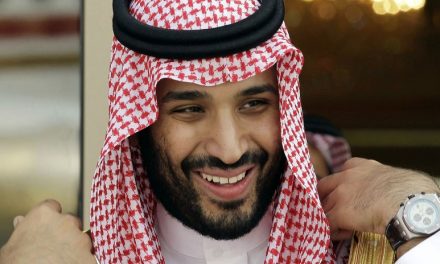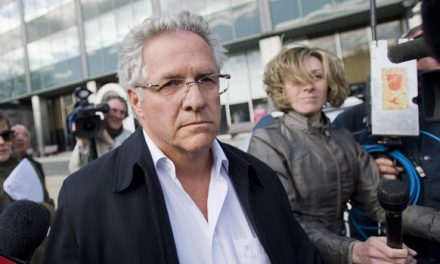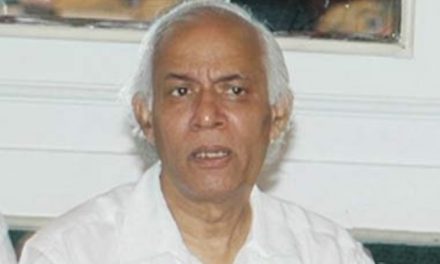
Defence
30 April 2012. Prime Minister Manmohan Singh has raised defence expenditures this year to 40.44 billion US dollars, representing a rise of nearly 18 per cent over the previous year’s spending. This is one of the highest increases in recent years. This, no doubt is an open invitation to back room deals. About 70% of the defence requirements are sourced from other countries. There is at least one good reason for India to become self-sufficient in defence requirements – corruption.
Indian defence deals have always been mired in corruption. Almost always, there have been middlemen in the defence deals. Only recently General V.K. Singh said that he was offered a hefty bribe. Later Defence Minister A. K. Antony ordered a fresh inquiry into allegations of misappropriation in the procurement of 12 AW101 helicopters for the Communication Squadrons of the Indian Air Force from Italian firm Agusta Westland worth 788 million dollars. This happened only after news broke out in Italian media that the Italian authorities were investigating corruption in this deal.
Ever since the Bofors howitzer bribery scandal over a quarter of a century ago, Indian authorities have been trying to fine tune defence procurement system. Even then the middlemen refuse to go away. Abhishek Verma is another typical middleman.
The Foreign Corrupt Practices Act (FCPA) in the USA and Canada and its equivalent Bribery Act in the UK and EU are going to be a thorn in the flesh of these middlemen. Even if Indian government wants to keep quiet about these abuses, foreign governments will start investigations. This is well illustrated in the case of Wal-Mart. The Mexican authorities had no choice but to start their own investigations and even launch anti-corruption law.
The defence equipment companies will think twice before agreeing to any wheeling and dealing in the future.














